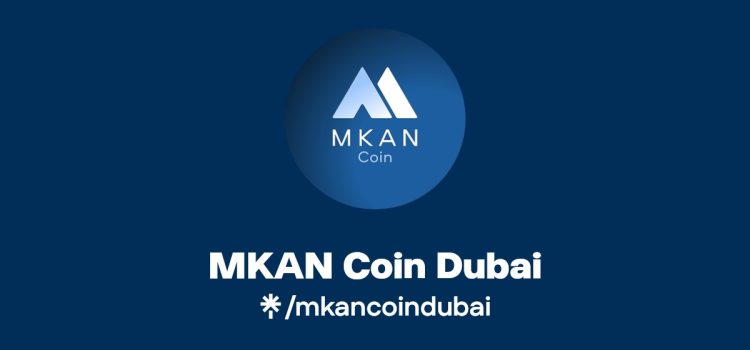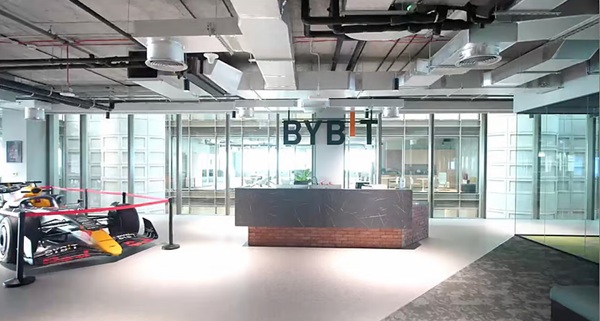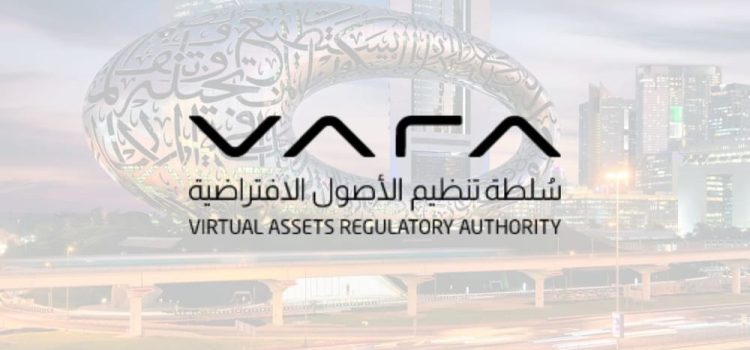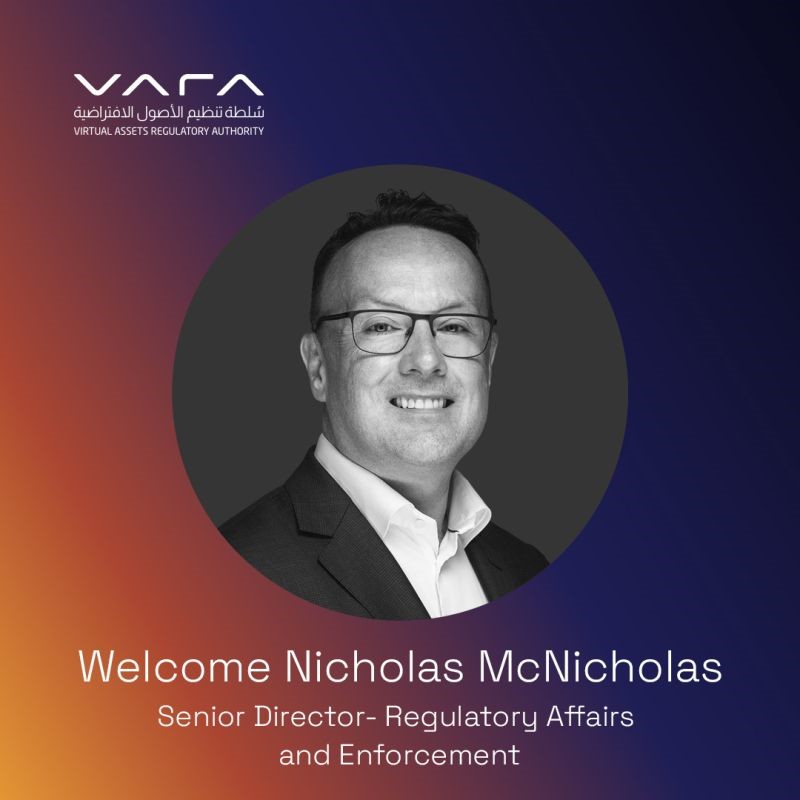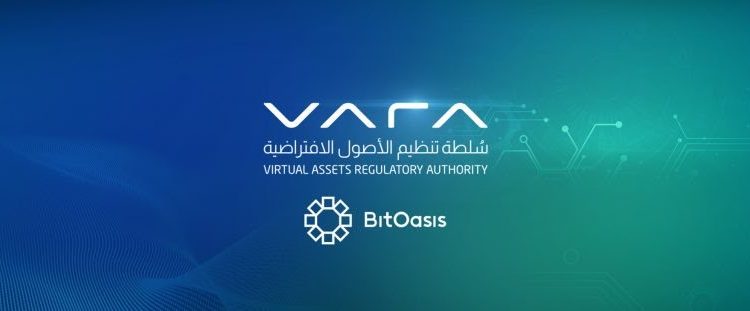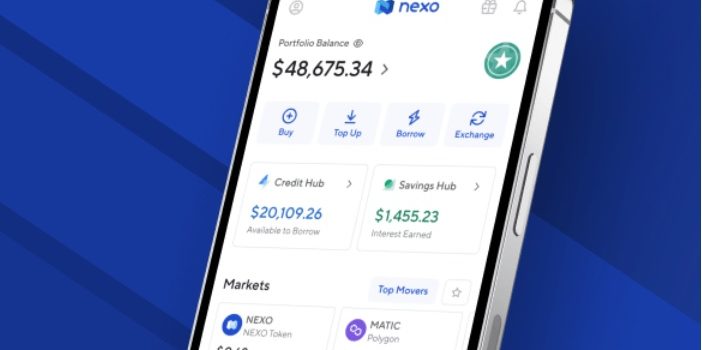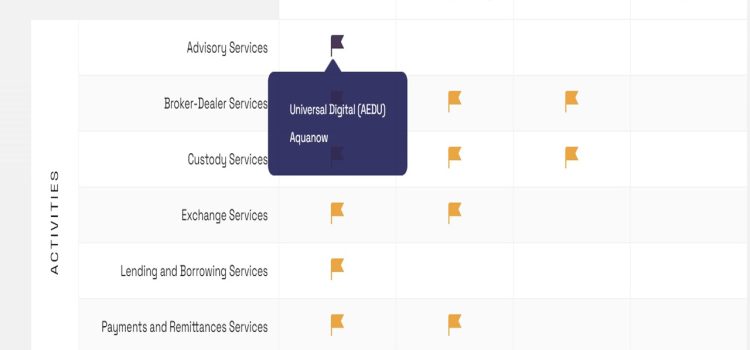
Mathew White, CEO of Dubai’s Virtual Asset Regulatory Authority (VARA), recently noted on LinkedIn that the tokenization of real-world assets (RWAs) is no longer an experiment. He stated, “It’s happening right now.”
He explained how VARA views tokenization as more than a blockchain use case but rather as a structural shift and the foundation for a new kind of financial system. He explains, ” Everything from real estate and art to commodities and IP can be digitally represented, owned and exchanged in real time.”
He adds, “It’s a system of fractional ownership and near-instant settlement, where global markets are trustless, borderless, and always on. The illiquid can become liquid.”
He gives the example of BlackRock which sees tokenization as a democratization of investing. Its CEO Larry Fink envisions a world where every asset can be tokenized from stocks and bonds to entire funds.
The global tokenisation market was valued at $3.32 billion in 2024 and is projected grow to nearly $13 billion in 2032 – a CAGR of 18.3%.
He goes on to say that in Dubai, tokenized RWAs are a policy priority. He explains, “We’re building the infrastructure to make it all real – credible rules, secure frameworks, trusted intermediaries. We’re enabling the shift from analogue finance to digital ecosystems where anyone – regardless of size or geography – can participate, invest, and grow. Technology alone won’t deliver the future we want. It needs governance, credibility, guardrails, and trust.”
He notes that VARA is committed to creating a gold standard for oversight – a regulatory regime that’s clear, credible, and agile. “The idea is to protect without paralyzing. To not only supervise innovation, but to accelerate it.”
In his final words he says that Dubai intends to lead from the front.
Already Dubai has stated with the successful tokenization of real estate project with Dubai Land Department that happened a few weeks ago. In addition, the UAE Securities and Commodities Authority has licensed Emirates Coin Investment LLC (EmCoin) based out of Abu Dhabi UAE, as the first regulated integrated investment platform to offer both crypto investments as well as traditional assets such as equities, commodities, and even ICOs.
Regulated by the UAE Securities and Commodities Authority, Emirates Coin Investment will be able to serve the entire UAE.










